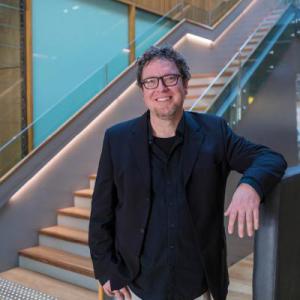This assessment adopts a personalised learning pedagogy in order to develop specific skills, and allow students to follow areas of conceptual or practical interest. Students are given a list of different assessment items, varying in theme, mode of submission, and due date, and are able to pick the choice that most appeals to them. The choice of outputs are either written (such as a reflective essay, critical review or blog post) or audio visual (e.g. short documentary film). In POLS3512 this assessment is administered in conjunction with a practicum in the form of 'MediaLabs' in which students and staff engage in practical, experiential media/technology- driven activities aimed at fostering a deeper understanding of course content. Students must critically and/or reflectively respond to one of these media labs or to one of the broader themes or conceptual frameworks discussed throughout the course. In the case of POLS3512, student assessments are made available to peers through Blackboard and/or dedicated online platforms. These then become useful teaching tools and provide opportunities for peer bench marking. This assessment therefore provides students with opportunities to produce creative, reflective, accessible, yet theoretically rigorous, academic outputs.
Inclusive features
Personalised learning, students have choice in assessment types, aimed at fostering deep understanding of course content. Through offering various options in terms of content, mode of submission, and due date, this assessment caters to student diversity and provides flexibility



